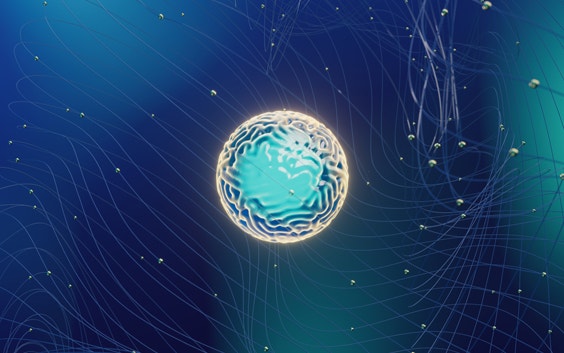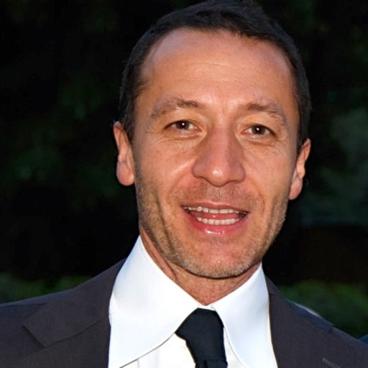
INTERVIEW
Mimics Innovation Awards Finalists: Dr. Alessandro Tel and Prof. Massimo Robiony
Anatomical Computerized Exploration to Excise Malignancies in Deep Facial Compartments: An Advanced Virtual Reality Protocol for a Tailored Surgical Approach
What was the dream?
Improve preoperative understanding and intraoperative assistance of complex resections performed for malignant head and neck surgery.
What was the challenge?
Deep facial compartments are difficult-to-access areas in the head and neck region due to their location, accessibility, and densely packed critical anatomical structures such as blood vessels and nerves. When malignant lesions arise in this region, they present unique challenges as the affected anatomy needs to be identified and a surgical approach needs to be designed for each patient. There is a lack of imaging and virtual reconstruction protocols for such challenging cases. Therefore, Dr. Tel took up the challenge to develop a novel workflow to virtually reconstruct the complex head and neck anatomy of deep facial compartments — including skeletal, vasculature, and soft tissue structures — and translate this into a clinical application using intraoperative navigation and simulated endoscopy.
What are the results?
Dr. Tel, under the leadership of Prof. Massimo Robiony, implemented a protocol that allows for multilayer anatomical reconstruction and virtual surgical planning in complex head and neck resections. The developed workflow was successfully used on seven patients, providing the surgeon with an improved understanding of the preoperative condition and intraoperative guidance in critical phases of the surgery. This novel technique personalizes the surgical approach and limits morbidity for each patient.
Why this research won
Dr. Tel and the rest of Prof. Robiony's team used Materialise Mimics to develop a detailed multilayer imaging and segmentation protocol for complex head and neck anatomy. This allowed them to virtually plan and personalize the surgical approach for each patient in their study. They translated the preoperative plan to the operating room by implementing a virtual endoscopy technique and intraoperative navigation. Their patients were successfully treated, and thanks to their novel workflow, surgical time was reduced due to a deeper understanding of the patient’s anatomy and surgical plan.
L-102992-01
Share on:

Biography
Dr. Alessandro Tel

Biography
Prof. Robiony Massimo
You might also like
Never miss a story like this. Get curated content delivered straight to your inbox.
